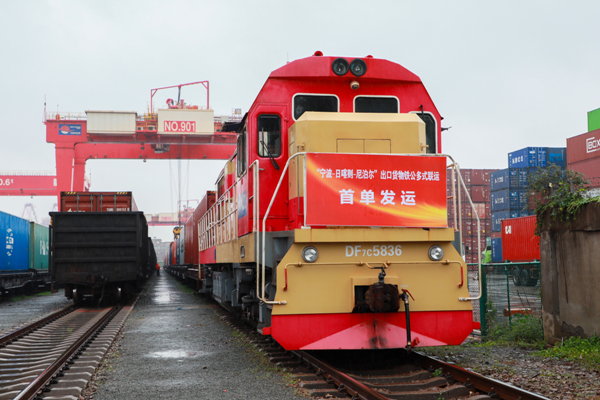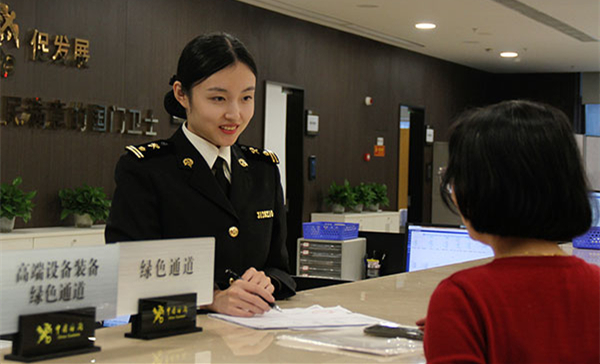Zhejiang, Hunan play key roles in trade with Africa
With many African countries moving up the value chain by developing new businesses, their cooperation with China will increasingly shift from labor-intensive sectors to mid- to high-end manufacturing, the digital economy and cross-border e-commerce, government officials said on Wednesday.
They said that growing China-Africa trade, increased investment by Chinese companies, rising demand from African consumers for more sophisticated products and services, and the development of the Belt and Road Initiative are key driving forces behind the trend.
As China's economic growth transitions from labor-intensive industries to higher-value-added sectors, the shift is reflected in its international cooperation, particularly with Africa, said Zhu Jun, chief economist at the Commerce Department in East China's Zhejiang province.
"Many Chinese companies are now focusing on exporting their expertise in advanced manufacturing and digital technologies to the continent," Zhu said.
For instance, China Jushi, a fiberglass producer based in Tongxiang, Zhejiang, is running a large manufacturing base in Egypt. In addition to African markets, the base exports products to the United States and countries in Europe and the Middle East.
Alibaba Group, a tech heavyweight headquartered in Hangzhou, Zhejiang, has also helped a large number of small and medium-sized enterprises in African countries, including Kenya and Morocco, sell their products in other parts of the world via online platforms.
Foreign trade between Zhejiang and Africa was valued at $53.9 billion last year, while Zhejiang's cumulative investment in Africa had reached $4.6 billion by the end of the year. Companies from the province have invested in 578 businesses across Africa, with the investments primarily focused on the textile manufacturing, cross-border e-commerce, logistics and wholesale sectors, according to the provincial government.
"Private companies play a vital role in Zhejiang's trade with Africa, positioning them as the largest trading entity in the province's Africa-related commerce," said Chen Jiangfeng, deputy director-general of the provincial Foreign Affairs Department.
Zhejiang's trade with Africa grew by 6.3 percent year-on-year to 233.24 billion yuan ($32.78 billion) in the first seven months of this year, with private companies contributing 87.5 percent of the total, data from Hangzhou Customs showed.
Central China's Hunan province, another hub for China-Africa trade and cooperation, saw 6,991 companies trade with Africa between 2018 and last year, Changsha Customs said.
Hunan's exports to Africa have primarily focused on mechanical and electrical products, and daily necessities, with an increasing share of high-tech products.
Deng Weiping, deputy director-general of the provincial Commerce Department, said Hunan will continue to deepen cooperation with African countries in new areas including new infrastructure, the digital economy, artificial intelligence and green growth.
Unlike traditional infrastructure such as railways, roads and water conservancy projects, the concept of new infrastructure refers to critical facilities based on information technologies such as 5G, AI, the industrial internet and the internet of things.
Dai Zhiguang, deputy director-general of the office of the foreign affairs commission of the Communist Party of China's Hunan Provincial Committee, said Chinese investment is essential for advancing industrial diversification in Africa.
Echoing that sentiment, Sang Baichuan, dean of the Institute of International Economy at the University of International Business and Economics in Beijing, said China has contributed to the transformation of many African economies, reducing dependence on traditional sectors and supporting the rise of new economic drivers crucial for long-term prosperity.

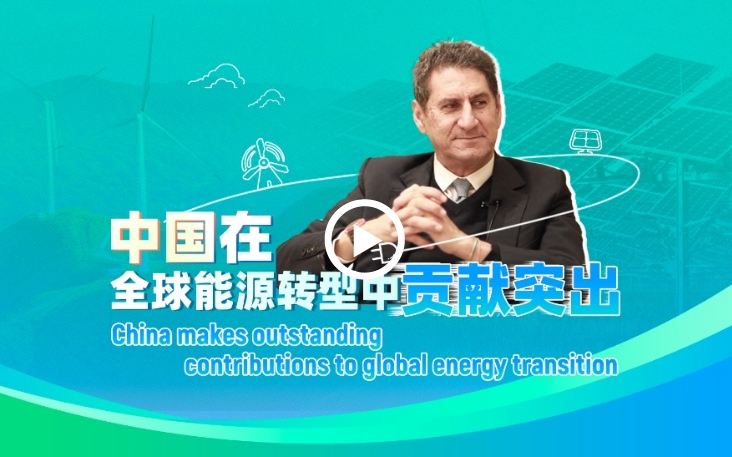 China makes outstanding contributions to global energy transition
China makes outstanding contributions to global energy transition 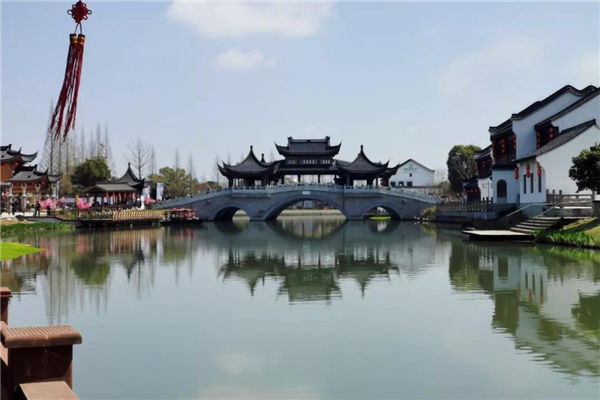 Ningbo village inspires Malawi official
Ningbo village inspires Malawi official 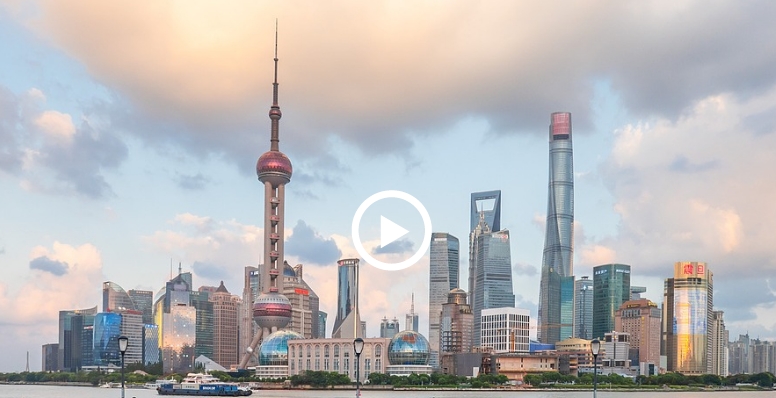 A look at China's economic data in the first three quarters of 2024
A look at China's economic data in the first three quarters of 2024 
